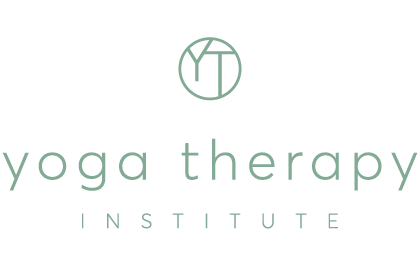To be human, is to experience stress. It’s a natural aspect of Life and we could not function without it. However, while stress is a part of life, certain forms and effects of chronic stress can be detrimental to wellbeing. For example, the neuro-toxic effects of cortisol, increased visceral fat, compromised telomere maintenance and replication to name a few. So, while the stress-response relates to our reptilian brain and survival mode (real or perceived), chronic stress is a longer term/ongoing sense of inability to cope with the demands of life. In this form, stress becomes a major aggravating factor in many diseases.
How can Yoga Therapy Help Chronic Stress?
As a Yoga therapist, you are well placed to work with clients, through the framework of the mayams/koshas, and create practices that address wellbeing across the range of levels that chronic stress wreaks its ill-effects. Through individualized practice, you and your client can build their:
- Body signal awareness/interoception.
- Self-regulation of sensory input
- Mental clarity
- Capacity to identify triggers, label emotions and establish healthy boundaries.
- Reduce tension and develop the relaxation response.
Yoga therapy can also help to balance the ANS and increase vagal tone with appropriate pranayama practices. Our work with clients can also support healthy habits of self-study and unconditional love. Some clients respond well also to “psycho-education” on the neuroscience or biology relating to the ‘why’s’ of particular tools or modifications.
The gift of Sri Patanjali’s Yoga Sutras means we and our clients can draw from the philosophy of Yoga and work with the Yamas/Niyamas to help broaden their outlook if this is identified as a useful intervention. As always, our purpose is to work with clients where they are, step by step.
See our Yoga Therapy for Chronic Stress workshop for details on how you can combine theory and practice to deal with stress.
